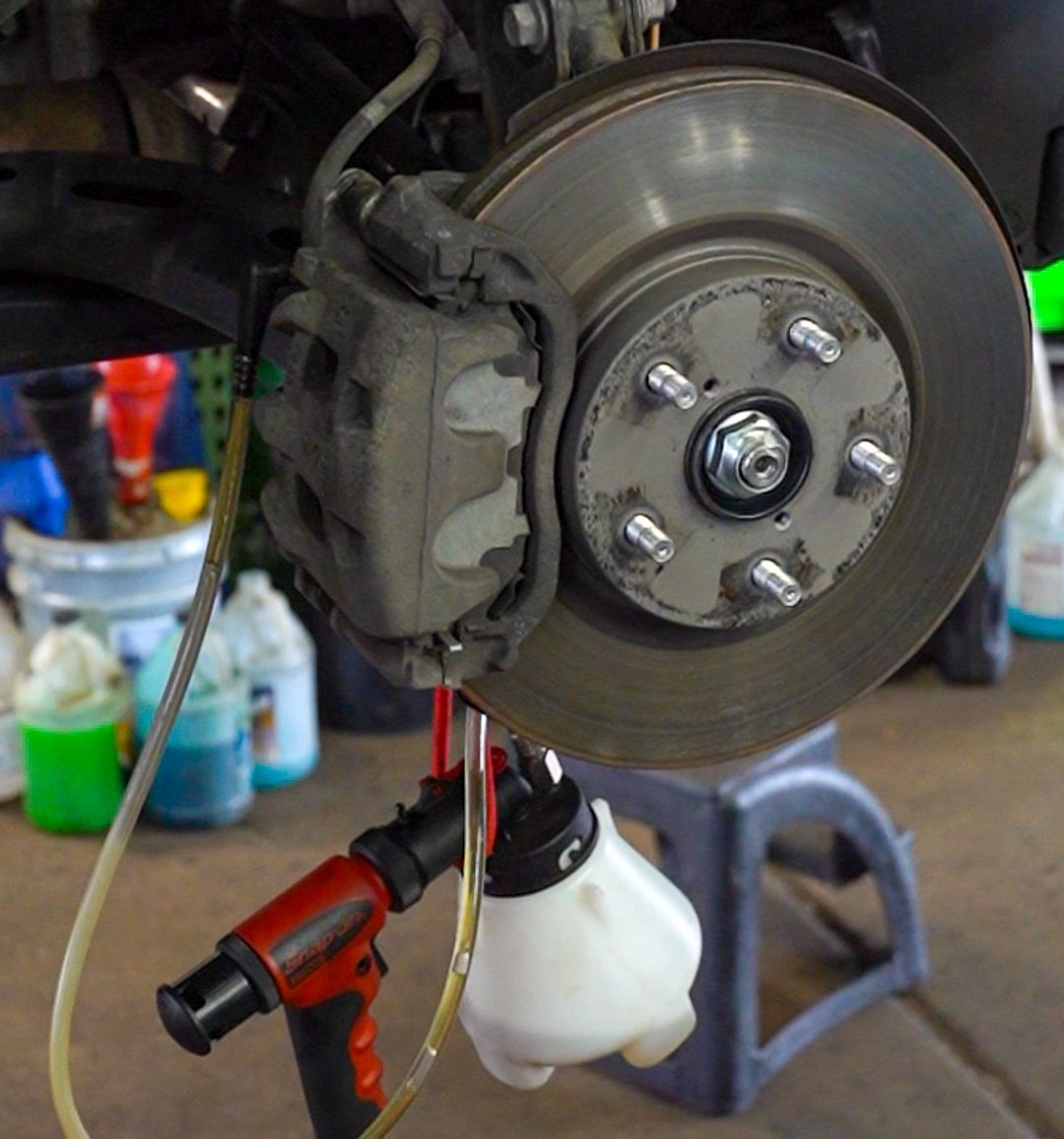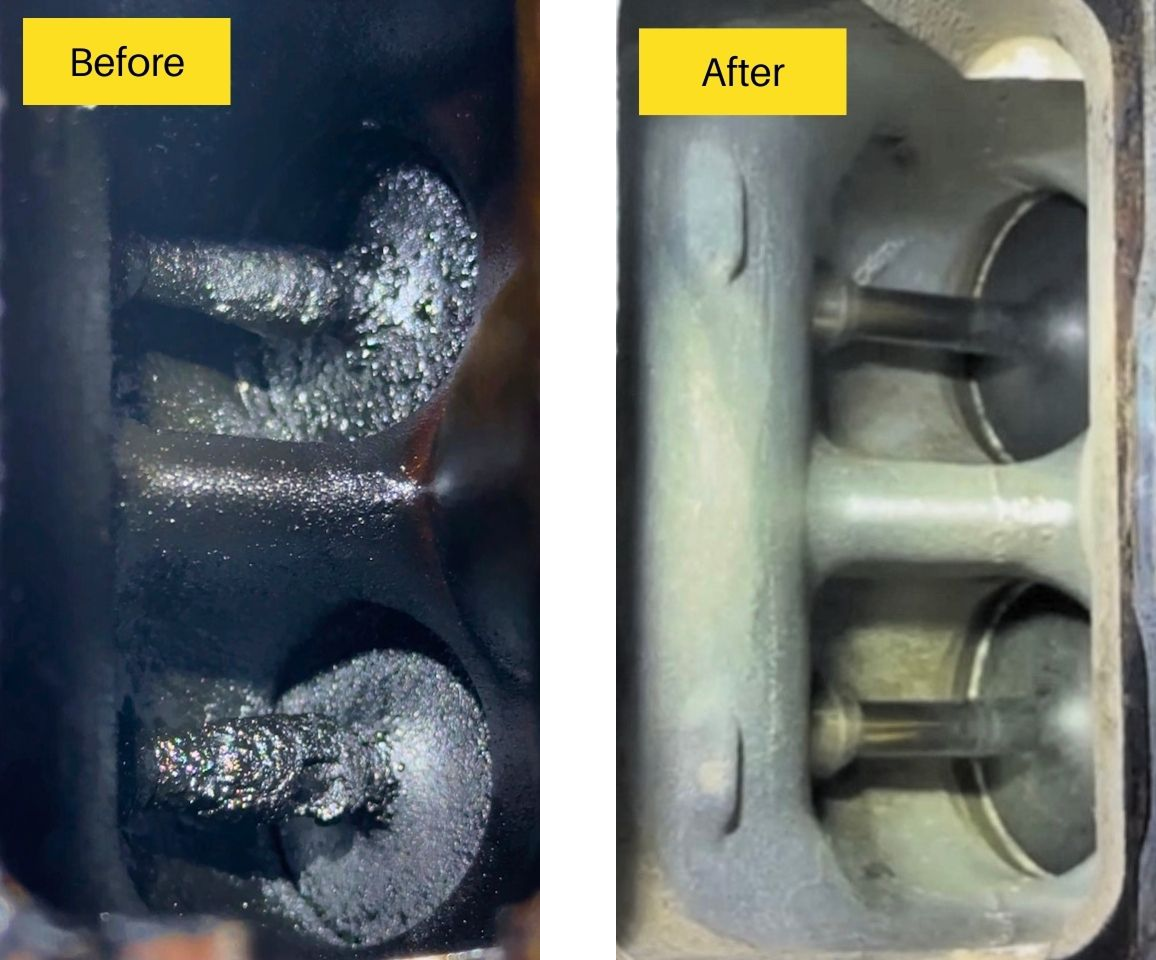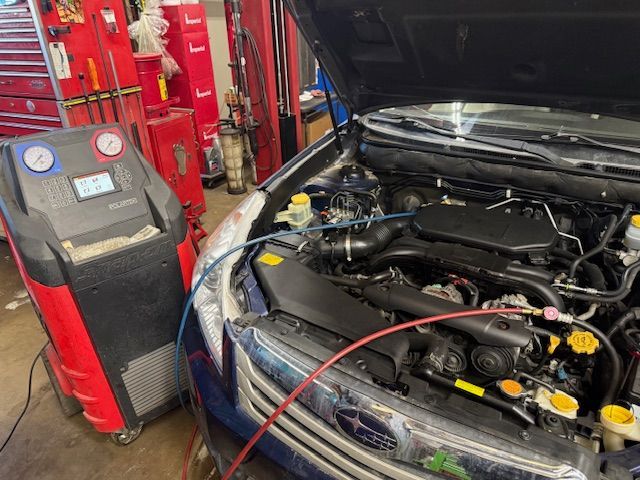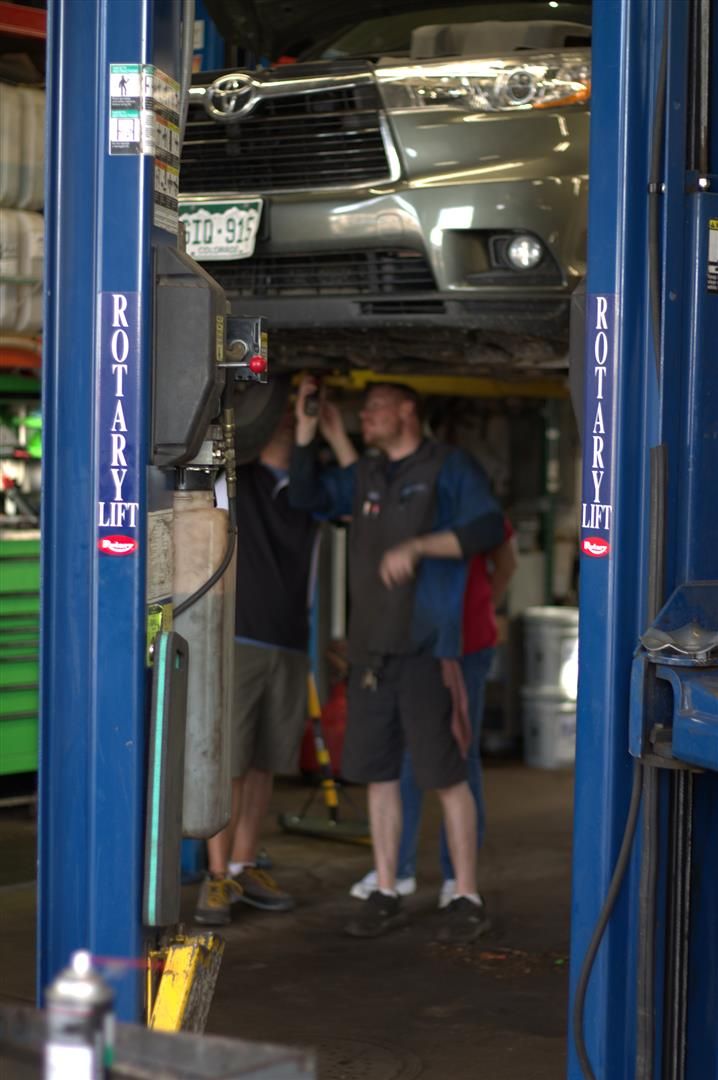How Fresh Spark Plugs Prevent Misfires and Protect Your Engine
At King’s Auto Center in Fort Collins we believe in smart maintenance rather than waiting for breakdowns. One of the most often overlooked tasks? Replacing your spark plugs. We recently featured a job where a Toyota truck was hitting 60,000 miles and it was time spark plug replacement isn’t fancy, but it matters. Here's Why
What we did and why it matters
In the video we walk through a routine spark plug change on a Toyota that we’ve serviced regularly for about 30,000-mile intervals. At 60,000 miles we removed the ignition coils and replaced the plugs with factory NGK units (designed for Toyota) no cheap aftermarket stuff. Because when your spark plugs wear, you risk misfires, rough starts, reduced fuel economy and in worst-case being stuck on the side of the road. That’s not how we do maintenance.
How bad spark plugs affect your vehicle
Spark plugs are responsible for igniting the air-fuel mixture in your engine’s cylinders. When they’re worn:
- The gap between electrodes widens, meaning the spark is weaker, slower or mis-fires. AutoZone.com
- Combustion becomes inefficient, so you may see sputtering, hesitation, reduced power, poor fuel economy or a check-engine light. Firestone Complete Auto Care
- Over time that inefficiency can impact other parts of your system (catalyst, oxygen sensors, etc) — meaning more cost later. dieselworksntx.com
By using only OEM-specified plugs (NGK for Toyota in this case) we’re avoiding aftermarket risk and ensuring reliability. A little extra cost upfront often pays off big in the long run.
When should you replace spark plugs
The right interval depends on the vehicle, the type of plugs it uses and how it’s driven. The safest and most accurate way to know is to follow the maintenance schedule in your owner’s manual. Manufacturers outline exactly when each service should be done and spark plugs are always part of that plan.
For some vehicles the interval might be around 30,000 to 60,000 miles. Others equipped with long-life iridium or platinum plugs may go much farther. If you start noticing things like rough idling, misfires or poor fuel economy, it’s worth having them inspected even if you aren’t at the scheduled mileage yet.
Sticking to the manufacturer’s schedule helps prevent larger issues and keeps your engine performing the way it was designed to.
Why it matters for fort collins drivers
Living in Northern Colorado means our vehicles see a mix of conditions — cold mornings, mountain drives, stop-and-go traffic, towing or heavier loads for some. For these conditions:
- A strong ignition system helps with cold starts.
- Preventing misfires helps avoid catalyst or sensor damage (which can be expensive).
- Better fuel economy and smoother running matter when every mile counts.
At King’s Auto Center we’ve built our reputation by offering
routine maintenance services like this, and our service page
Auto Repair Services covers this work along with other essential systems.
Take-away for car owners
- Don’t assume “it’ll last forever” — plug life depends on usage, type, and engine.
- If you’ve got 50-70K miles or more and haven’t had a plug inspection or replacement, it’s worth scheduling one.
- Use a trusted shop (yes, we mean us) that uses factory spec parts, checks ignition coils/boots, and installs plugs properly.
- Pair spark plug replacement with other maintenance tasks for maximum value — like ignition coil check, fuel filter, air filter, etc.
If you’re in Fort Collins and want a plug inspection or replacement, we’re here. Schedule online or call us to book your next maintenance visit.










